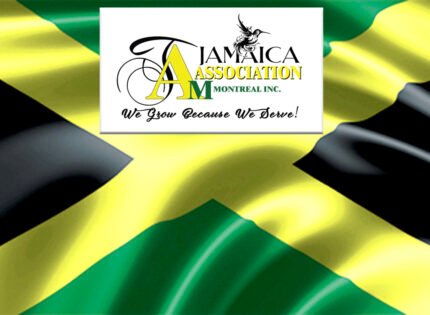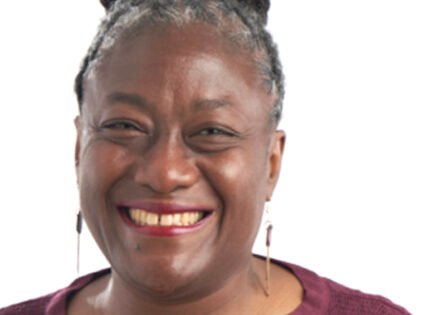Rosie Awori (Local Journalism Initiative)
The Montreal police department is undergoing a seismic shift overnight with the new street check policy unveiled on Wednesday July 8.
Sylvain Caron, Montreal’s police chief announced the new policy following the findings of an independent study in fall 2019 showing that Blacks, Indigenous and other people of color were far more likely to be stopped by the SPVM.
Those researchers also noted that no policy on street checks existed and suggested that the force put one in place. And although it stopped short of accusing Montreal offices of racial profiling, it strongly suggested the presence of systemic biases.”
In response, the Montreal police department unveiled a set of guidelines, which the chief says will be based on “observable facts and not discriminatory motives.”
Under the new directives police cannot use these so-called random stops under the pretext of enforcing a law when their real goal is to identify the person and obtain information.
And individuals should not be targeted because of their real or perceived ethno-cultural identity, religion, gender, identity, sexual orientation or socio-economic status.”
Under the new directives officers should only conduct street checks for clearly defined reasons including:
- To help someone in need.
To issue warnings to people violating municipal bylaws. - To prevent a crime or infractions.
- To collect information in line with the force’s mission “to protect the lives and property of citizens, maintain peace and public safety, prevent and combat crime, and enforce current laws and regulations.”
- And to identify someone who is sought after, such as a missing person or someone who is subject to an arrest warrant.
Officers are also expected to inform citizens what motives led to the stop, and the SPVM says it plans to inform its officers as to what rights citizens have in the context of a street check.
The e new policy is set to come into effect in the fall.
Respecting the policy will be mandatory for all on-the-ground police officers.
It will require officers to record information gathered — including the perceived or presumed ethno-cultural identity of the person who was stopped.
Montreal Mayor Valérie Plante applauded the policy and termed it as, “a first in Quebec.”
However, opposition Leader Lionel Perez is more cautious. He wants the municipal and provincial authorities to work together to make sure that the new policy brings an end to he discriminatory practices by the police.
He also wants it to become mandatory for police officers to advise pedestrians who are the subject of street checks that they have the right to refuse to identify themselves.
“You have to inform citizens of their fundamental rights to refuse to answer the police officer,” Perez stressed.
Minority groups and community organizations across the city also expressed deep disappointment in the new policy.
“What we have — it seems to be a piece of Swiss cheese with a lot of holes in it,” said Fo Niemi of the Centre for Research-Action on Race Relations (CRARR), a group that advocates for racial equality.
Although Caron says the force consulted with various ethno-cultural communities, street workers, mental health and addiction groups, on the policy, Niemi alleges that those groups were only consulted in the past week leading up to the unveiling of the policy.
“The consultation was very, very superficial,” he is quoted as saying.
Many have noted that the new rules only deal with pedestrians and has no mention for motorists.
This comes in the wake of the demonstration of Black motorists on July 5, who were protesting against police discrimination that occurs for those driving while black.
Presently, Quebec’s highway safety code, allows officers to conduct random checks of motorists.
Another significant gap in the new policy is that there are no punitive measures spelled out for officers who break the rules.
And in the post George Floyd era many just do not see the document as sufficient.
In Toronto, the system of carding where the police were allowed to stop and question people was also discovered to be highly discriminatory and Black and Indigenous people were more likely to be stopped than their white counterparts.
After years of public outcry the Ontarian government intervened and outlawed it.
The process also underwent some changes in Vancouver in January 2020, where the street checks policy overly banned stopping an individual based on identity factors such as race, sex, age or homelessness, and requires police to tell people being checked that their interaction is voluntary and that the subject can leave at any time.















